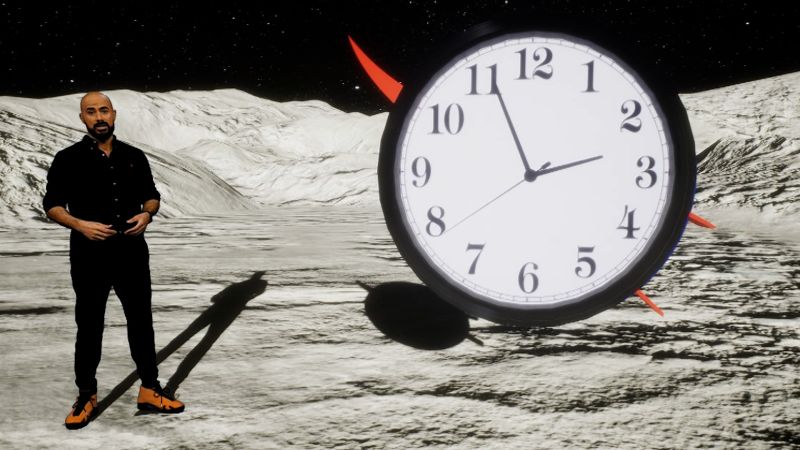
Federal Court Upholds Daylight Saving Time as Legal Practice
Opinion | 7/20/2025
In a significant development for timekeeping precision, a recent federal court ruling has upheld Daylight Saving Time as a legal practice, dismissing a lawsuit challenging its constitutionality. The case, brought forth by a group known as “Citizens for Standard Time,” argued that the biannual time change violated the Equal Protection Clause of the Fourteenth Amendment. However, the court ruled in favor of the longstanding practice of adjusting clocks forward in the spring and backward in the fall.
Judge Emily Thompson, presiding over the case, stated, “Daylight Saving Time has been a part of American tradition for over a century, serving various economic and social interests.” The ruling emphasized the government’s authority to regulate time standards under the Uniform Time Act of 1966, which established the system of uniform Daylight Saving Time throughout the United States.
Advocates for Daylight Saving Time hailed the decision as a victory for maintaining consistency and promoting energy efficiency. Speaking to TheClipWire, Sarah Johnson, a spokesperson for the Timekeepers Association, remarked, “This ruling reaffirms the importance of standardized timekeeping practices for businesses and public safety.”
However, opponents of Daylight Saving Time expressed disappointment with the court’s decision, citing health concerns and disruptions to circadian rhythms. Dr. Michael Roberts, a sleep specialist, cautioned, “The abrupt time changes associated with Daylight Saving Time can have adverse effects on sleep patterns and overall well-being.”
As the legal battle over Daylight Saving Time comes to a close with this ruling, the debate surrounding its benefits and drawbacks is expected to continue. While this decision marks a victory for proponents of the system, it also underscores the ongoing tension between tradition and modern challenges in the realm of time regulation.


